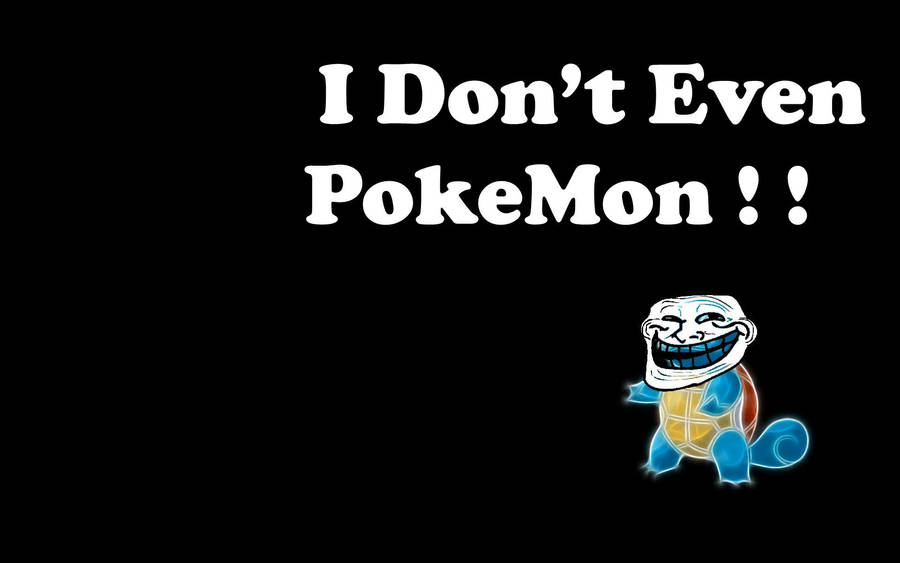From her blog:
I really liked how this lesson went. It seemed to build a good deal of intuition for logarithmic functions that I felt had been missing for me when I'd taught it in the past. There was a feeling of exploring a new function, but not one that had been plopped down from the sky and was completely mysterious. There was definitely enough newness to keep it interesting, but not so much that it was overwhelming. I liked how the CME lesson didn't even call the function a logarithm, just L. The less bogging down in new terminology, the better, I say.
I showed students how to evaluate logarithms of any base using technology (both Wolfram-Alpha and Desmos are friendly to different bases) and then gave them the base change formula so that they could solve application problems now rather than waiting until we had developed more of the properties and derived the formula. We'll derive it soon, but I think that it will be more motivating now that they know why it's useful and I wanted them to be able to apply logarithms on day 1 without fending off tons of properties coming at them from left and right.
I think that it was also helpful that while we were working with exponential functions and equations, I would routinely throw in questions that required figuring out the value of the exponent, which students were forced to solve via guess and check and every time, I would mention that soon, we will be able to find these values more precisely with logs. Again, I like the idea of removing the mystery and foreignness of a new concept as much as possible... previewing and embedding it within more familiar concepts makes it less scary and connects it to prior knowledge when it is finally encountered.
Here's my actual handout:
I do regret that I didn't do a project in this unit, but we've been doing tons of projects and at this point, content coverage needs to take a bit of a priority. Also, assigning projects requires me to grade the previously assigned projects and well, yeah, let's just say that I'm a teensy bit behind.
Update:
Just saw that Henry Picciotto wrote a recent blog post explaining his approach to teaching logarithms as super-scientific notation. I would like to rework my lesson plan to include both approaches for next time.


Nice complement to my "super-scientific notation" approach, which does not emphasize the inverse function aspect. Combining the two somehow seems like a winner. See http://blog.mathedpage.org/2015/04/logarithms.html
ReplyDeleteThanks, Henri. Have to remember to come back to this next year and make a super-combined lesson!
Delete